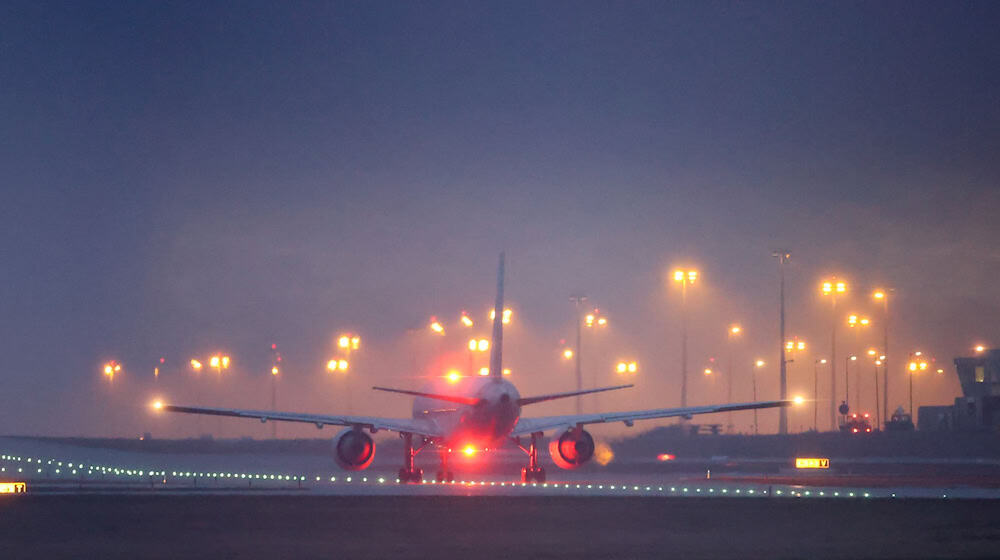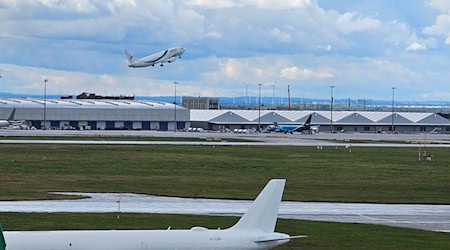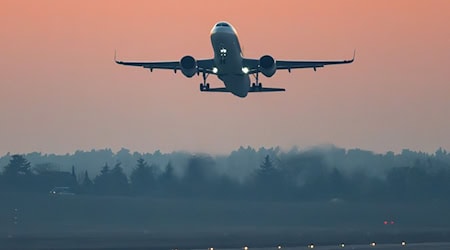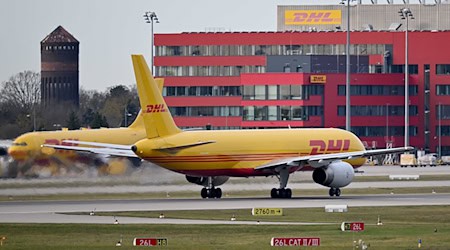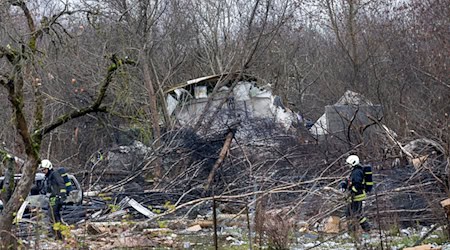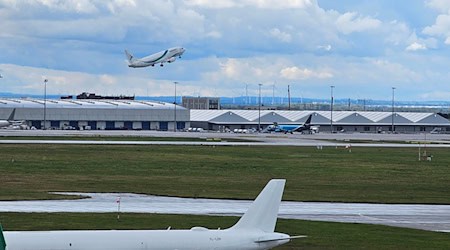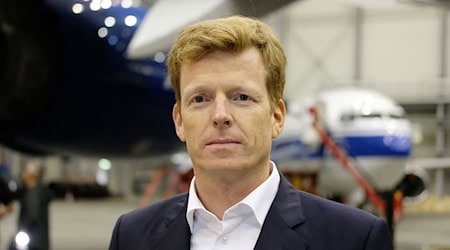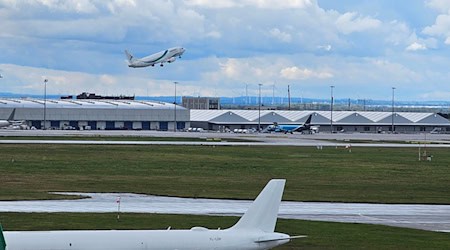The expansion of Leipzig/Halle Airport has been approved. The project involves the expansion and redesign of the south-east of the existing airport facility, the regional authorities announced. The project involves expanding the apron area by 39 hectares within the airport site in order to eliminate existing bottlenecks and adapt handling capacities to the expected volume of shipments by 2032.
New de-icing positions, a snow dump and modern drainage systems are planned. Additional aircraft stands are to be built near the freight terminals. Furthermore, connections to the existing runway system and building construction areas will be created via new taxiways.
According to the state directorate, more than 8,000 objections and comments from citizens and public bodies were examined and evaluated during the planning approval process. The objections mainly related to concerns regarding noise protection, the impact on global climate protection and the necessity of the expansion. The decision therefore contains a number of conditions.
For example, properties that are particularly affected by noise must be taken over by Flughafen Leipzig/Halle GmbH at the request of the owners. Low-noise generators must be used to power the aircraft on the extended apron. In addition, rainwater drainage must be improved and the water compatibility of the discharge into the Kalten Born must be ensured. Furthermore, interventions in nature and the landscape must be compensated for - this includes protective measures for sand lizards and lapwings. The airport operator must also bear the costs of noise protection.
Leipzig/Halle Airport on the border of Saxony and Saxony-Anhalt is now the second-largest cargo airport in Germany. Cargo aircraft are permitted to fly at night. The operator, Mitteldeutsche Flughafen AG, plans to invest 500 million euros. The shipping company DHL Express is planning to expand its logistics hub at the airport. Opponents of the expansion had criticized the project as being completely out of date in view of the climate crisis.
Copyright 2024, dpa (www.dpa.de). All rights reserved

